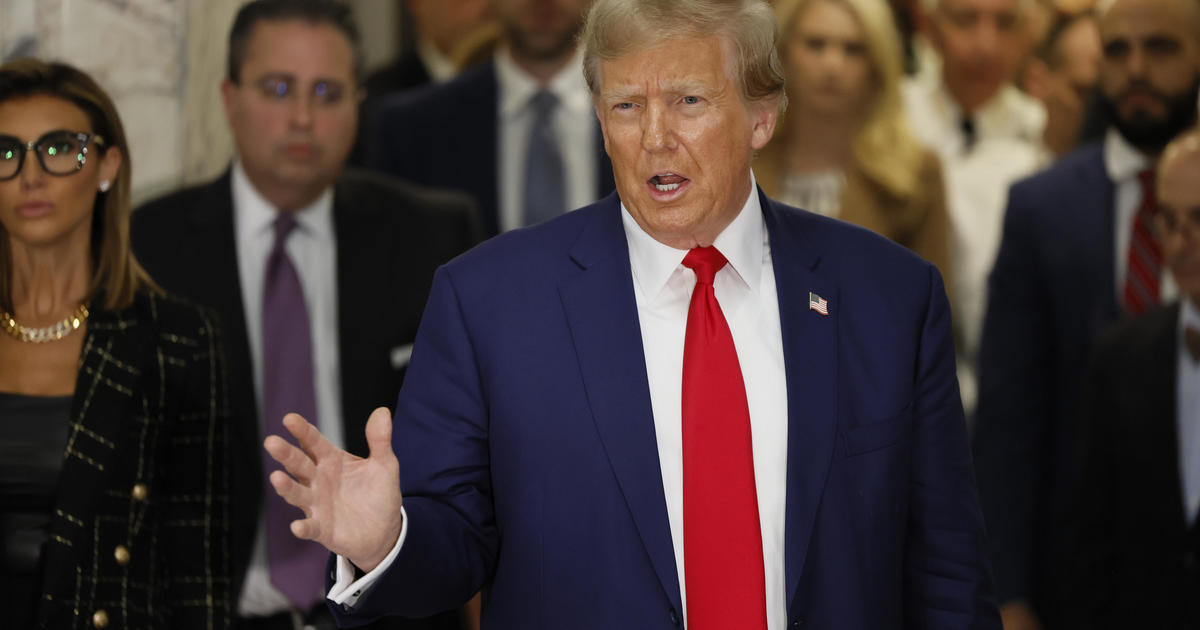In a recent appeal filed by attorneys for former President Donald Trump, they argued that a judge’s ruling in February, which found Trump and his company guilty of committing hundreds of millions of dollars in fraud, should be overturned. The lawyers representing Trump claimed that the $454 million judgment imposed on them was “draconian” and violated centuries of New York case law.
The ruling by Judge Arthur Engoron stated that Trump, his company, and top executives, including his sons Eric and Donald Trump Jr., had deceived banks and insurers for years by inflating Trump’s wealth on financial statements to secure favorable deal terms. The judge concluded that the Trumps and their company had benefited from $354 million in ill-gotten gains through this scheme and ordered them to pay the state that amount plus interest of about $100 million.
In their appeal, Trump’s attorneys reiterated arguments made during the lengthy 2023 bench trial, claiming that the allegations brought by New York Attorney General Letitia James were outside the statute of limitations and involved deals that had no victims or losses. They also argued that James’ office lacked standing under New York law to bring the 2022 suit that led to the fraud finding against Trump and his company.
Trump’s lawyer, Christopher Kise, criticized Engoron for allowing a politically motivated Attorney General to interfere in lawful transactions and accused the judge of ignoring undisputed facts. This appeal comes after Engoron sanctioned five of Trump’s lawyers $7,500 each for repeatedly making frivolous arguments that had already been rejected by the courts.
A spokesperson for James responded to the appeal by pointing out the fines imposed on Trump’s lawyers and expressing confidence in their victory on appeal based on the facts and the law. The spokesperson emphasized that the defendants were raising arguments that had already been sanctioned and fined for during the trial.
Engoron’s scathing ruling in February highlighted Trump and the other defendants’ lack of contrition and remorse, stating that their behavior bordered on pathological. The judge criticized them for inflating asset values to make more money and accused them of providing false financial data to their accountants. Trump, who testified during the trial, blamed his accountants for any inaccuracies in his financial statements and claimed that his properties were undervalued.
Engoron’s ruling concluded that Trump and his company had provided their accountants with blatantly false financial data and failed to take responsibility for their actions. He described the frauds in the case as shocking and emphasized the need for internal controls to prevent future occurrences.
James’ office is expected to respond to the appeal in August, and an appellate court will consider the case during its fall term. The legal battle between Trump and the New York Attorney General’s office is likely to continue as both sides seek to defend their positions in court.
Overall, the appeal filed by Trump’s attorneys raises significant legal and procedural issues surrounding the fraud case and sets the stage for a protracted legal battle in the coming months. The outcome of this appeal will have far-reaching implications for Trump, his company, and the broader legal landscape in New York.









